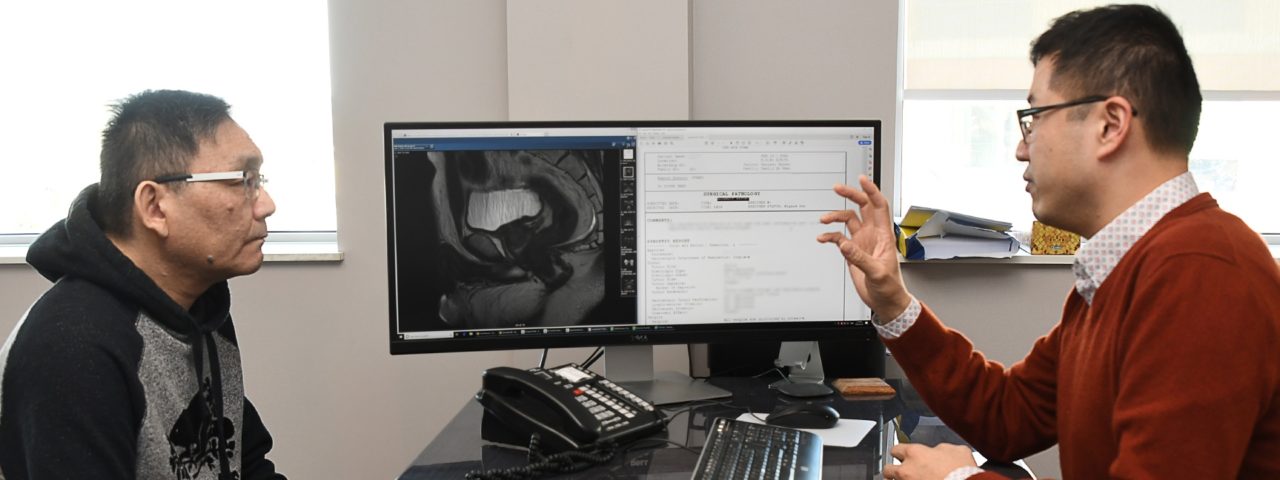Colorectal cancer (also known as colon cancer) is the third most common type of cancer in Ontario. It is the second most common cause of cancer death in our province. However, if found early, colorectal cancer is 90 per cent curable.
At Markham Stouffville Hospital, we offer a colorectal cancer screening program called Colon Cancer Check. If you are age 50 or over, you qualify for a colorectal cancer screening.
Are you at risk for colon/colorectal cancer?
Age and family history are two common risk factors for colorectal cancer. If you have a family member (parent, child, sibling) who has had colorectal cancer, you are at greater risk and should have a colonoscopy.
If you are over 50 and do not have a family history of the disease, speak to your health care provider about screening for colorectal cancer using a simple take home fecal occult blood test (FOBT).
Types of colon/colorectal screening
Fecal Immunochemical Testing (FIT)
If you are age 50 or over and do not have a family history of colorectal cancer, it is recommended that you do a fecal immunochemical testing (FIT) every two years. FIT replaces the fecal occult blood test (gFOBT) for people at average risk of getting colon cancer.
FIT is a simple test that can be done in the privacy of your own home. It tests for blood in your stool, which may be a sign of colorectal cancer. Your doctor can write you a requisition for FIT, and you can take this requisition to the lab to get the test kit. After following the test kit instructions, you can then mail it with the postage-paid addressed envelope for laboratory analysis.
Colonoscopy
A colonoscopy is recommended if you are at increased risk for colorectal cancer or if you have a positive FOBT result. This involves inserting a long flexible tube through the rectum and extending it along the length of the colon. At the end of the tube is a small camera to help the specialist examine your colon and rectum, and remove polyps.
How do I participate in the Colon Cancer Check Program?
Talk to your family physician to determine your risk for colorectal cancer and the appropriate screening method for you.
